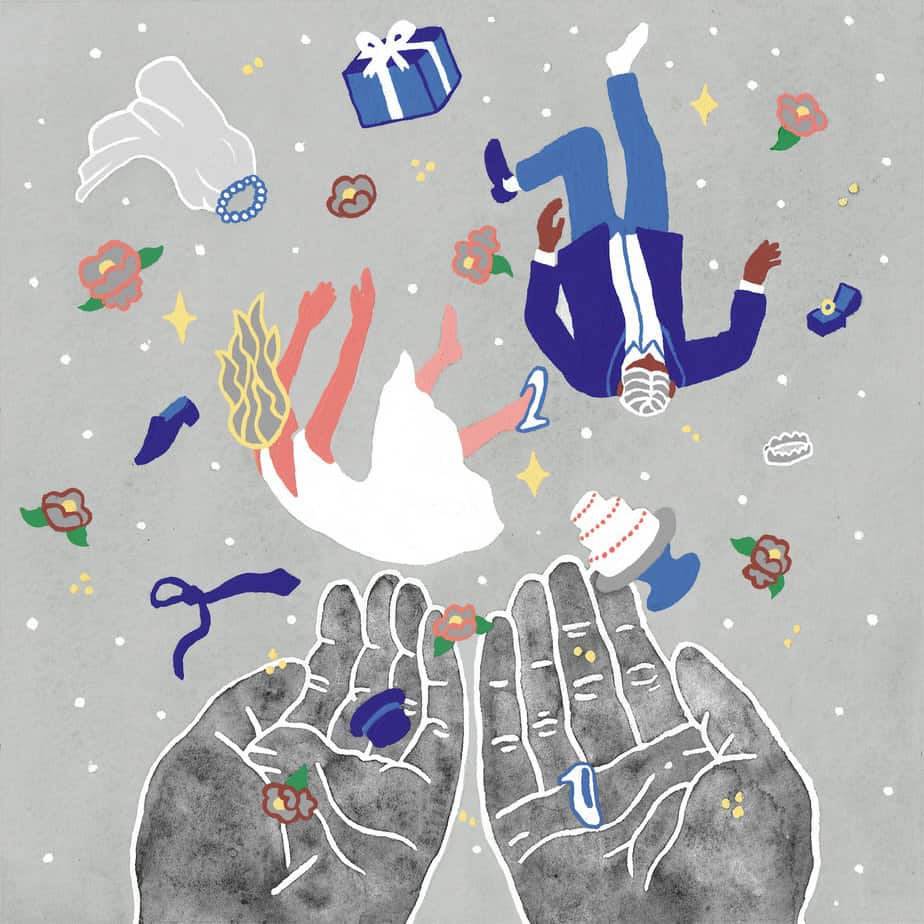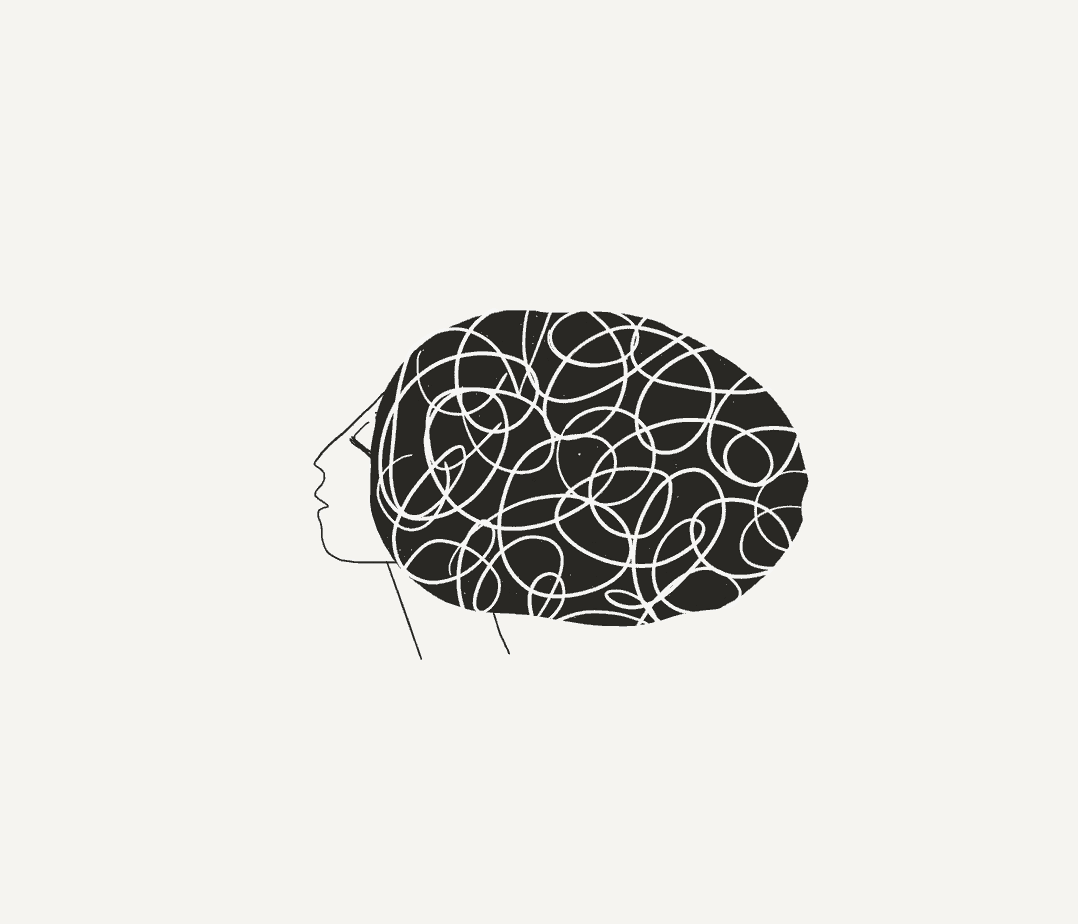In 2016, the number of people estimated to be suffering from mental health issues like depression and anxiety amounted to roughly 1.1 billion. Since then, numbers have likely continued to rise. Moreover, studies have also shown women especially on average are a) more likely to suffer from mental health issues, and b) less likely to talk about them. The taboo in Pakistan surrounding depression and anxiety disorders only serve to aggravate the individuals suffering even more. For the women who cannot seek out full time therapy, we’ve enlisted the help of a trained therapist. You sent us in your questions – here are the answers!

‘I’m a 20-year-old girl and I get really annoyed by anyone getting married. We have been taught that it is done to fulfill sexual drives, but I think it’s quite dirty that two people who don’t even know each other, marry for their lusts. I don’t understand the concept of marriage in our society. Could you help?’

Shahrukh’s Response:
Hi Anon,
You bring up a very interesting and relevant question in respect to marriage within our culture. Over the years, I have given some serious thought on what this institution means, especially in our society. So, let’s look at it a little more closely. Before I get into this exploration, I do want to give the disclaimer that the opinions and views that I express are based on personal experiences and how I’ve experienced the concept of marriage in this society.
Marriage In Pakistan: The “Necessary” Pitstop In The Game of Life.
Marriage is an institution that is pretty central to our culture: from the multiple wedding functions, the ticking biological clock to the societal pressure, as well as the lust factor etc. One thing that I have seen time and time again is the pressure that most women feel when it comes to getting married, and it only worsens with each passing year. I can say the same for men, but there are some deep-seeded issues that come with the pressure on women. Try to see if any of these lines sound familiar to:
- “Don’t eat that, you’ll gain weight and then no one will want to marry you.”
- “Learn how to dress up, or else no boy will ever want to marry you.”
- “You need to learn how to cook – you will need to do it for your husband and in-laws”
- “Once you and your husband have kids, how will you work?”
- “Get a master’s, people want an educated girl these days.”
- “You need to be careful about your reputation, or no one will send you any rishtas for you.”
While sexual desire and lust can be seen as a motivation for marriage, there is so much more that underlies all of it. The desire to marry can often stem from the internalized pressure from society and family members. It can also be seen as a contributor to the many cases of body image and self-esteem issues, as well as feelings of inadequacy or being stagnant. There’s this belief that’s been instilled in us that if you’re not married by a certain time, you’re not good enough, you that you haven’t settled, or that there is something wrong with you if you make the choice to stay unmarried. The issue becomes not of the institution of marriage, but rather what kind pressure it places on everyone, and how that cycle is constantly repeated.
While it isn’t explicitly compulsory for men or women to get married in Islam, there is the issue, as you pointed out, of sexual desire (lust). While I understand that this may not seem like a significant factor, the fact is that as humans, we do possess a natural desire to engage in sexual activity, and that’s okay because it is an innate and evolutionary desire. However, living in a country that predominantly follows the principles of Islam, the only way to have those desires or needs met is through marriage. So, while it may not be the only factor, it can be definitely be a huge motivation for some who would like to express their sexual prowess and desires.
The Heartbreaking Truth: Child Marriages Are Still A Thing Here.
There are several (read: many) cases where women are forced by their families to get married, that too before the age of 18. Pakistan ranks in the top ten countries in terms of the number of child marriage cases. In this country, women are born to be married, bear children, look after them and tend to household maintenance. In Pakistan, marriage tends to reinforce that idea of oppression that millions of women face every day, such is the case in many other countries as well.

Anon, the truth is, marriage in Pakistan has many layers and implications, and there are a series of reasons as to why a person would get married. Of course, there are those who get married because they genuinely seek out that companionship and love that lasts a lifetime.
You bring up a very interesting and relevant question in respect to marriage within our culture. Over the years, I have given some serious thought on what this institution means, especially in our society. So, let’s look at it a little more closely. Before I get into this exploration, I do want to give the disclaimer that the opinions and views that I express are based on personal experiences and how I’ve experienced the concept of marriage in this society.
Marriage In Pakistan: The “Necessary” Pitstop In The Game of Life
Marriage is an institution that is pretty central to our culture: from the multiple wedding functions, the ticking biological clock to the societal pressure, as well as the lust factor etc. One thing that I have seen time and time again is the pressure that most women feel when it comes to getting married, and it only worsens with each passing year. I can say the same for men, but there are some deep-seeded issues that come with the pressure on women. Try to see if any of these lines sound familiar to:
- “Don’t eat that, you’ll gain weight and then no one will want to marry you.”
- “Learn how to dress up, or else no boy will ever want to marry you.”
- “You need to learn how to cook – you will need to do it for your husband and in-laws”
- “Once you and your husband have kids, how will you work?”
- “Get a master’s, people want an educated girl these days.”
- “You need to be careful about your reputation, or no one will send you any rishtas for you.”
While sexual desire and lust can be seen as a motivation for marriage, there is so much more that underlies all of it. The desire to marry can often stem from the internalised pressure from society and family members. It can also be seen as a contributor to the many cases of body image and self-esteem issues, as well as feelings of inadequacy or being stagnant. There’s this belief that’s been instilled in us that if you’re not married by a certain time, you’re not good enough, that you haven’t settled, or that there is something wrong with you if you make the choice to stay unmarried. The issue becomes not of the institution of marriage, but rather what kind pressure it places on everyone, and how that cycle is constantly repeated.
While it isn’t explicitly compulsory for men or women to get married in Islam, there is the issue, as you pointed out, of sexual desire (lust). While I understand that this may not seem like a significant factor, the fact is that as humans, we do possess a natural desire to engage in sexual activity, and that’s okay because it is an innate and evolutionary desire. However, living in a country that predominantly follows the principles of Islam, the only way to have those desires or needs met is through marriage. So, while it may not be the only factor, it can definitely be a huge motivation for some who would like to express their sexual prowess and desires, and lead to two individuals to make the choice to bring their families together, spend their lives with one another, start a family of their own and move forward from there. Marriage, and its very core, is a union between two individuals, their families and the commitment to build a life together. Some choose marriage for themselves, yet one has to wonder if marriage is something that individuals in this society choose to do, or if it’s forced on them through internalized belief systems and pressure?
At the end of the day, marriage can serve different purposes and can mean something different for each individual out there. There is nothing wrong with wanting to get married, nor is there anything wrong with wanting to stay unmarried – this has no bearing on one’s worth. Whatever happens, Anon, I wish you all the best in discovering what marriage means for you, and what choice you will make for yourself one day. Take care and good luck!

The above article is written by Shahrukh Shahbaz Malik who is trained in humanistic integrative counselling at CPDD in the UK and currently has her own private practice in Karachi. The views expressed in this article are those of one expert. They do not necessarily represent the views of Mashion, nor do they represent the complete picture of the topic at hand. This article is for informational purposes only and is not a substitute for medical diagnosis or treatment.









What do you think?
You must be logged in to post a comment.